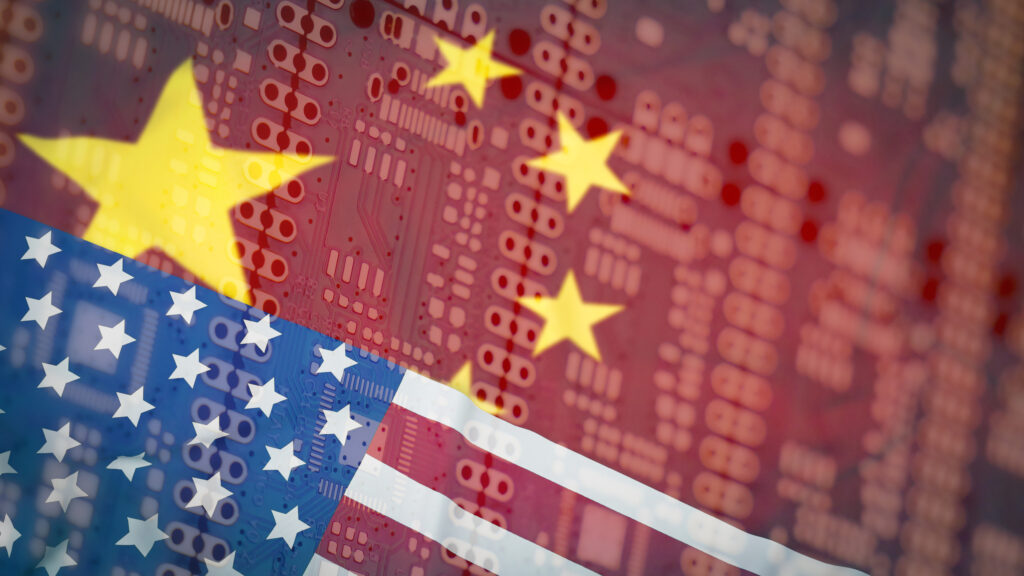Recent cyber assaults targeting critical U.S. infrastructure have thrust concerns over national security to the forefront. Hacker groups allegedly affiliated with China’s People’s Liberation Army executed a series of intrusions into essential sectors, including water, power, communications, and transportation systems. These attacks are seen to be a part of the Volt Typhoon campaign, which the U.S. government has observed for approximately a year now, marking a significant escalation in cyber warfare tactics.
The assailants breached computer systems integral to the functioning of critical infrastructure entities across the U.S. Alleged targets encompass water and power utilities, crucial oil and gas pipelines, transportation hubs, and communication networks. As geopolitical tensions simmer between China and the U.S., these attacks are perceived as strategic maneuvers to disrupt logistics in the event of a Pacific conflict.
Why it matters: The infiltration of systems controlling vital U.S. infrastructure, poses an imminent threat to national stability. These attacks, orchestrated by hacker groups allegedly linked to China’s military, coincide with geopolitical tensions, hinting at potential disruptions that could hamper U.S. responsiveness during critical moments. The strategic focus on key infrastructure components signifies a deliberate effort to exploit vulnerabilities, underscoring the pressing need for robust defense mechanisms and international protocols to mitigate such cyber warfare threats.
- Alleged Chinese-affiliated hackers penetrated critical infrastructure sectors, including water utilities, power grids, oil and gas pipelines, transportation, and communication networks, as part of the Volt Typhoon campaign, raising concerns about vulnerabilities within these essential systems.
- With tensions escalating between China and the U.S., these cyber assaults are perceived as strategic moves to disrupt logistics in the event of a conflict in the Pacific, potentially impacting the U.S.’s ability to respond effectively.
- The U.S. government is collaborating with tech firms and the private sector to bolster mitigation strategies. Measures include enhanced monitoring, improved authentication methods, and large-scale password resets to fortify defenses against future cyber intrusions.
- This incident underscores the broader trend of nation-state cyber warfare, emphasizing the urgent need for international frameworks to address the escalating use of cyber attacks in geopolitical conflicts.
Go Deeper –>
Alleged Chinese cyberattacks target US Power and water systems – Silicon Angle
China-Affiliated Hackers Hit U.S. Infrastructure – Spiceworks
China’s cyber army infiltrating US: Report – American Military News






